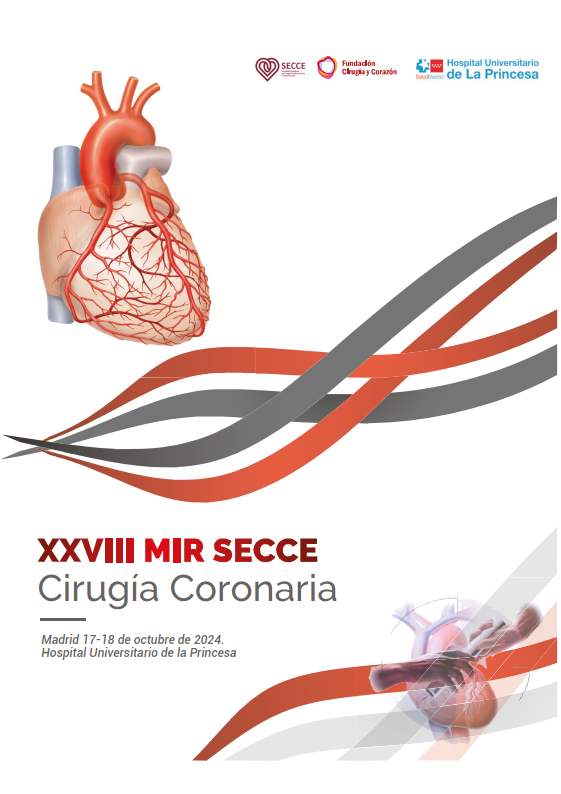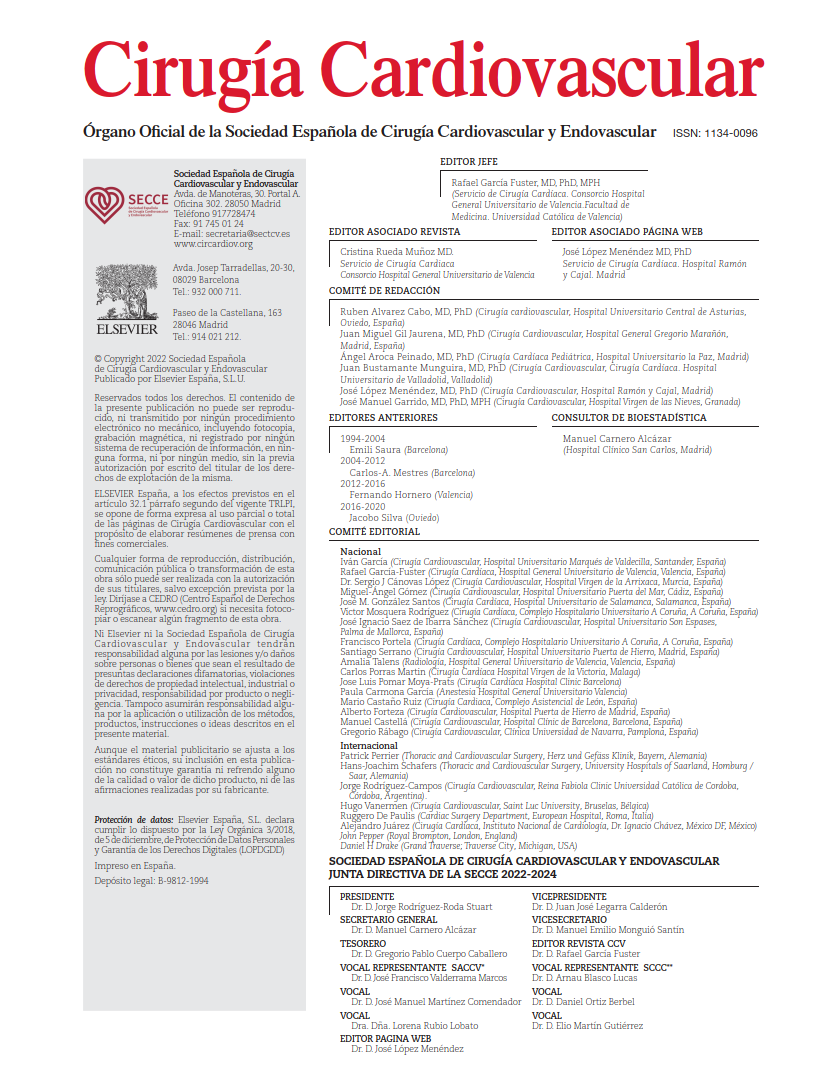The human tendency to repeat mistakes is again evident in the latest chronic coronary disease revascularization guidelines, with the ISCHEMIA (International Study of Comparative Health Effectiveness with Medical and Invasive Approaches) study at the core of the issue.
In contrast to the seemingly settled European perspective on left main coronary artery (LMCA) revascularization guidelines, previously discussed on this blog, the American counterpart differs markedly. Representatives from STS and AATS issued a position document critiquing the missed opportunity to correct errors from the 2021 ACC/AHA/SCAI revascularization guidelines, which drew widespread disapproval from surgical societies globally. Key areas of critique in the 2021 guidelines included:
- Downgrading the indication for surgery in multivessel disease with moderate-to-severe left ventricular dysfunction from Class I to IIa.
- Downgrading the indication for surgery in multivessel disease with preserved left ventricular function from Class I to IIb.
These conclusions led to the resignation of the sole surgical representative from the guidelines committee, followed by the withdrawal of two surgeons from the 2023 committee after extensive attempts to amend the inaccuracies.
Beyond the ISCHEMIA study, data on surgical revascularization compared to medical treatment are limited, although there are ample studies on percutaneous myocardial revascularization vs. medical therapy. Logically, where surgery outperforms interventional procedures in cases of moderate surgical risk, it should also do so against medical therapy. However, misinterpretation of the ISCHEMIA methodology has led to conclusions that defy logic.
In ISCHEMIA, patients were randomized to either initial medical treatment or revascularization strategy, with angiographic evaluation post-randomization determining the invasive approach. Thus, conclusions from medical vs. surgical comparisons remain observational due to inherent selection bias—patients with more severe disease were likelier to receive surgery, while those randomized to medical treatment typically had less extensive disease, thereby skewing outcomes.
As with many current trials, the ISCHEMIA population, highly selected, does not reflect the typical surgical cohort. Diabetic prevalence was low, and peripheral/cerebrovascular disease rates were notably lower than in the STS registry. LMCA disease was underrepresented at just over a third, compared to nearly half in surgical registries.
Moreover, ISCHEMIA’s high crossover rate, with 20% of patients initially managed conservatively crossing to revascularization within three years due to poor symptom control or acute events, underscores the limitations of medical therapy alone. While advances in non-invasive diagnostics, such as coronary CTA, allow for better management without immediate revascularization, the ISCHEMIA study’s findings on the initial conservative approach have not been adequately incorporated into the 2023 guidelines. The downgraded revascularization indications from 2021 remain, potentially jeopardizing some patients by delaying prognostically beneficial revascularization.
The broader implications of ISCHEMIA extend beyond its direct findings. Several meta-analyses supporting the 2023 recommendations incorporate this study and suffer from substantial errors. For instance, a major meta-analysis by Bangalore et al. included only 16% of patients undergoing surgical revascularization, with half of the trials omitting surgery as an invasive strategy, thereby leading to erroneous extrapolations in the guidelines. Additionally, only a minority had coronary anatomy indicating surgery, undermining the rationale behind the downgraded recommendations.
The authors argue that the publication of the 2023 guidelines was another missed opportunity to rectify the 2021 errors, further solidifying the STS and AATS opposition to this consensus document.
COMMENTARY:
While regrettable, such documents remain essential. Surgical groups once again demonstrate critical thinking, transparency, scientific integrity, and unity. STS and AATS members joined guideline committees, presented well-reasoned arguments, and ultimately, faced with systematic dismissal, opposed principles that contravene both common sense and good practice. Unfortunately, patients bear the brunt of this conflict, fostering tension among societies and impeding clinical fluidity, which can lead to biased, evidence-deficient decision-making in patient management. This may result in unnecessary risks, delayed elective revascularization, and avoidable acute events, worsening outcomes. Nonetheless, the authors emphasize that consensus is still achievable by amending the guidelines. Meanwhile, across the Atlantic, the recent EACTS/ESC consensus remains a benchmark.
REFERENCE:
Bakaeen FG, Ruel M, Calhoon JH, Girardi LN, Guyton R, Hui D, et al.; American Association for Thoracic Surgery and The Society of Thoracic Surgeons. STS/AATS-Endorsed Rebuttal to 2023 ACC/AHA Chronic Coronary Disease Guideline: A Missed Opportunity to Present Accurate and Comprehensive Revascularization Recommendations. Ann Thorac Surg. 2023 Oct;116(4):675-678. doi: 10.1016/j.athoracsur.2023.02.007.



